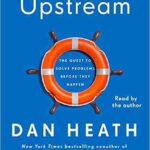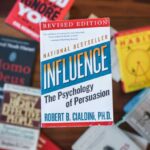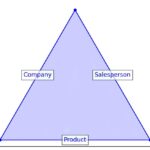Have you ever noticed how our culture glorifies being a workaholic? It’s almost like wearing a badge of honor—celebrating endless hours, skipped meals, and burned-out weekends as proof of commitment and value. Society tends to romanticize workaholics, viewing them as the ultimate team players who are willing to “go the extra mile” for the company.
But if you look closer, that mindset is a trap—and frankly, a dangerous one.
Workaholics often try to solve problems through brute force. Their primary strategy is to throw more hours at a problem instead of stepping back, reassessing the situation, and finding a better way forward. They mistakenly believe that the longer they grind, the more valuable their contribution becomes. This philosophy, however, ignores an essential truth: “Time spent” doesn’t automatically equal “Value created.”
As a business owner, this sends a powerful and concerning message to your team. If you stay late every night and glorify long hours, you’re not encouraging smarter, more efficient work—you’re reinforcing the idea that “hard work” (in the form of sheer time commitment) matters more than productivity or innovation. Employees might start to believe that their worth is measured not by the quality of their output, but by how visible their suffering is.
In reality, being a workaholic is not heroic. It’s wasteful. It erodes efficiency, encourages burnout, and promotes a toxic culture where people focus on being busy rather than being effective. In the end, workaholics don’t save the day—they just use it up.
There’s a better way.
Instead of adding more hours, why not add more intelligence to your work? Applying critical thinking, better systems, automation, or delegation often solves problems faster and more elegantly than simply putting in more hours.
Consider this: the most successful entrepreneurs, executives, and business owners are rarely the ones putting in 80-hour weeks. They are the ones who find smarter solutions that create disproportionate impact for the time invested. Books like The 4-Hour Workweek by Tim Ferriss highlight how effectiveness trumps effort when it comes to true success.
Related Post: Why Working Harder Won’t Make You Rich (And What Actually Will)
In fact, studies show that overworking can actually decrease overall productivity and decision-making ability. In a study published in The Lancet working more than 55 hours a week leads to diminishing returns and increases health risks.
So ask yourself: Are you truly moving the needle, or are you just treading water for longer?
Rather than focusing on how much you can endure, focus on how elegantly you can solve problems. Build systems. Delegate tasks. Automate the repetitive. Prioritize ruthlessly. Challenge yourself to measure success not by how much you do, but by how much you accomplish with less.
Are you a workaholic? How can you shift your mindset from working harder to working smarter, starting today?












